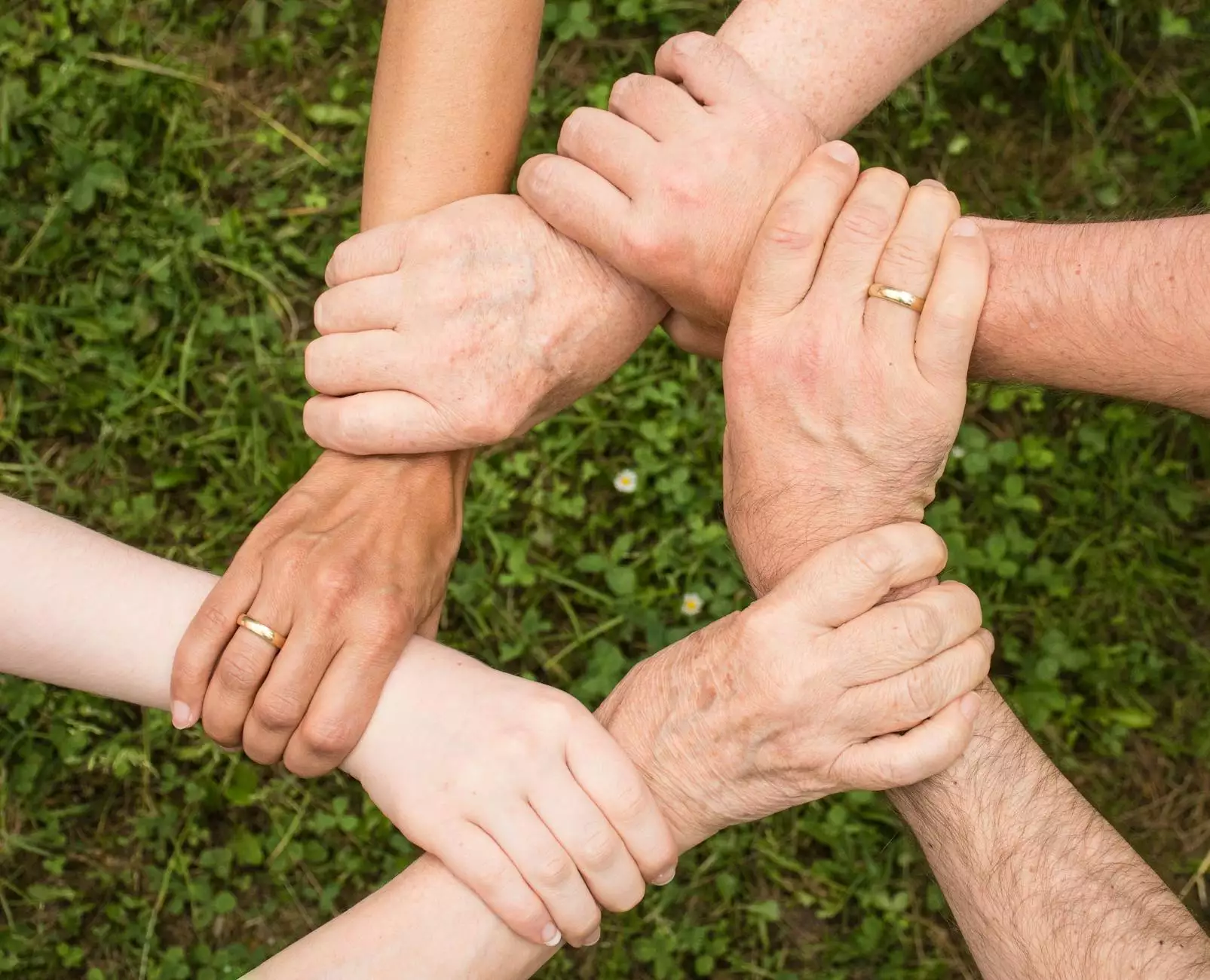How to Prevent the Spread of Illness with Isolation
Resources
The Importance of Isolation during Illness
Forward Church recognizes the vital role that isolation plays in preventing the spread of illnesses within the community. By practicing effective isolation techniques, individuals can protect not only themselves but also their loved ones and neighbors. In times of global health concerns, such as the current pandemic, understanding how to properly isolate is crucial for ensuring the well-being of everyone.
Understanding Isolation
Isolation refers to the act of separating individuals who are infected or potentially exposed to an illness from those who are uninfected. It aims to minimize the risk of transmission by restricting physical contact and maintaining distance. Isolation helps contain the spread of infectious diseases, reduce the burden on healthcare systems, and safeguard vulnerable populations.
Isolation Guidelines
1. Creating a Safe Isolation Space
Begin by designating a specific area in your home or living space for isolation purposes. Ensure it has good ventilation and enough room to comfortably accommodate the individual in isolation. Stock the area with necessary supplies such as tissues, hand sanitizers, disinfectants, and personal hygiene products.
2. Limiting Physical Contact
During the isolation period, it is important to minimize physical contact with others, even if they reside in the same household. Avoid sharing personal items, utensils, or bedding. If possible, use a separate bathroom to minimize the risk of spreading germs.
3. Practicing Proper Hygiene
Encourage frequent handwashing with soap and water for at least 20 seconds. Additionally, provide alcohol-based hand sanitizers for convenient use. Regularly clean and disinfect high-touch surfaces like doorknobs, light switches, and electronic devices.
4. Wearing Personal Protective Equipment (PPE)
In situations where direct interaction is unavoidable, individuals in isolation and their caregivers should wear appropriate personal protective equipment (PPE) such as masks, gloves, and eye protection. PPE helps reduce the chances of spreading or contracting contagious illnesses.
5. Maintaining Mental Well-being
Isolation can take a toll on mental health, so it is essential to prioritize mental well-being during this period. Engage in activities that promote relaxation and reduce stress, such as reading, listening to music, practicing mindfulness, or connecting with loved ones through virtual means.
6. Seeking Professional Medical Advice
If you or a loved one experience severe symptoms or your condition worsens during isolation, it is crucial to seek professional medical advice immediately. Contact your healthcare provider or relevant helpline to ensure proper guidance and care.
Conclusion
Forward Church encourages individuals to follow these isolation guidelines to prevent the spread of illness, protect the community, and promote overall well-being. By prioritizing effective isolation techniques, we can collectively overcome health challenges and emerge stronger, safer, and more resilient.










